Zhu Family Center for Global Cancer Prevention
At the interdisciplinary Zhu Family Center for Global Cancer Prevention, our mission is to support groundbreaking research that develops and implements novel methods, technologies, and tools to further the translation of cancer prevention work into clinical and public health practice. We are dedicated to prevention education and research across the cancer continuum.
FXB Building
651 Huntington Ave
Boston, MA 02115
Our Team
Leadership
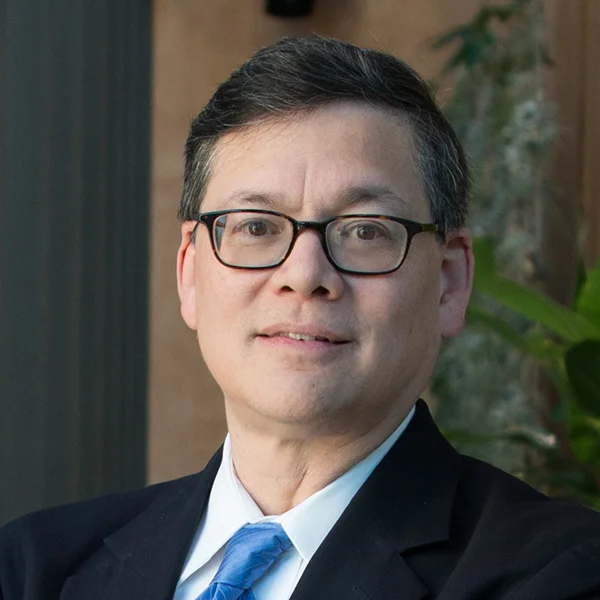
Timothy R. Rebbeck is the founding director of the Zhu Family Center for Global Cancer Prevention at Harvard Chan School and director of the Center for Global Health Equity at Dana-Farber Cancer Institute.
He directs large, multi-center studies and international consortia that have identified genetic, molecular, and epidemiological factors associated with cancer risk, outcomes, and disparities. He leads the international Men of African Descent and Carcinoma of the Prostate (MADCaP) network and has led a number of consortia studying hereditary cancer risk and prevention. He also directs the NCI-funded African cancer STARS training program that supports career development for African cancer researchers and project managers.
Dr. Rebbeck has mentored over 65 trainees, most of whom hold positions in academia. He has been continuously funded by the NIH since 1994.
Dr. Rebbeck joined the Dana-Farber Cancer Institute and the Harvard Chan School in 2015 as the Vincent L. Gregory, Jr. Professor of Cancer Prevention.
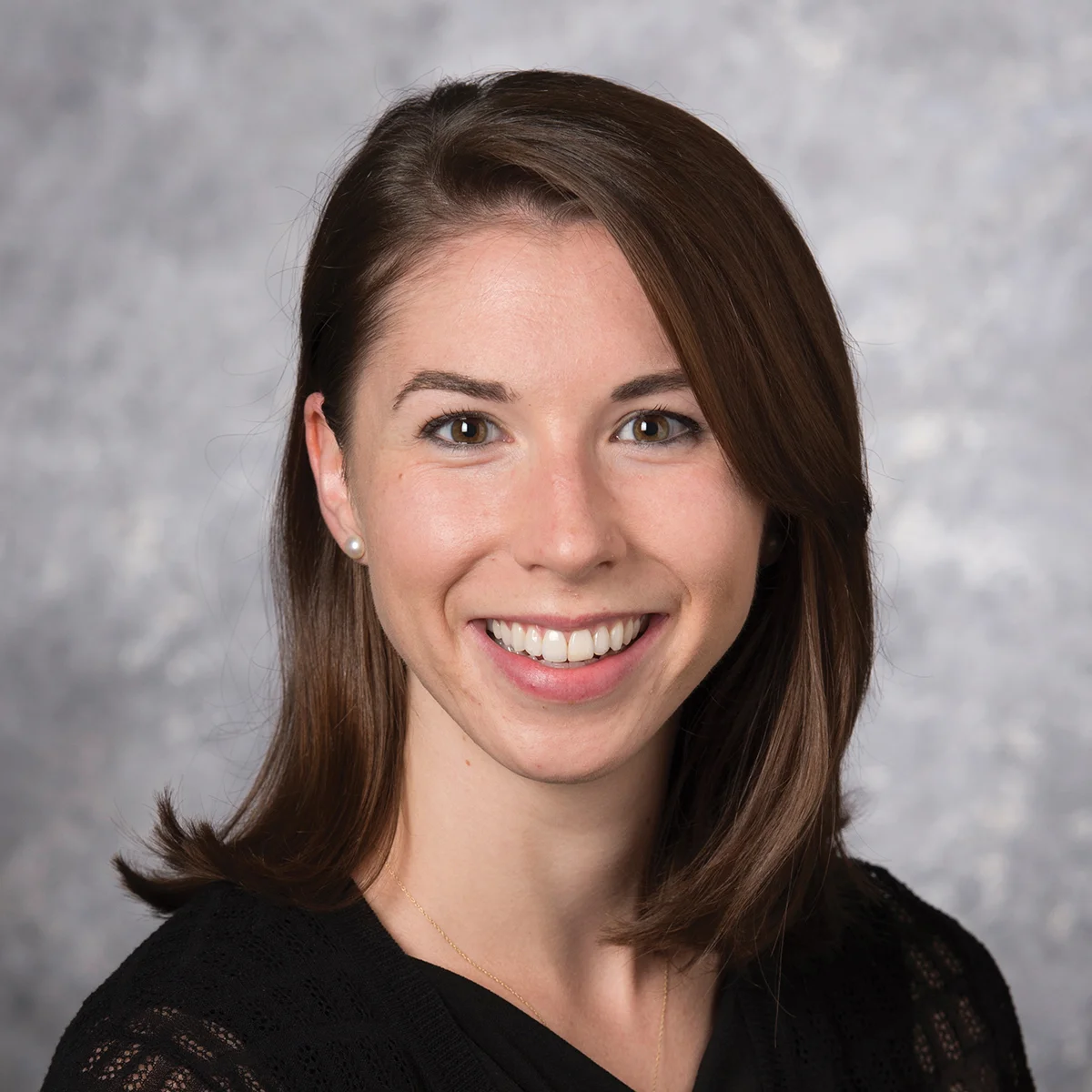
Lydia Conley has several years of administrative and development experience, including serving as a major gifts officer at Massachusetts General Hospital, a Harvard-affiliated academic medical center.

Susan develops community outreach and engagement projects for the Center. Empowering people to reduce their risk of cancer is at the heart of her work, particularly through addressing cancer misinformation and sharing prevention education. She is developing an interactive community education program and manages the Cancer FactFinder, a myth-busting website for sharing evidence-based information about what does and does not cause cancer. Susan also hosts educational events throughout the year.
Steering Committee
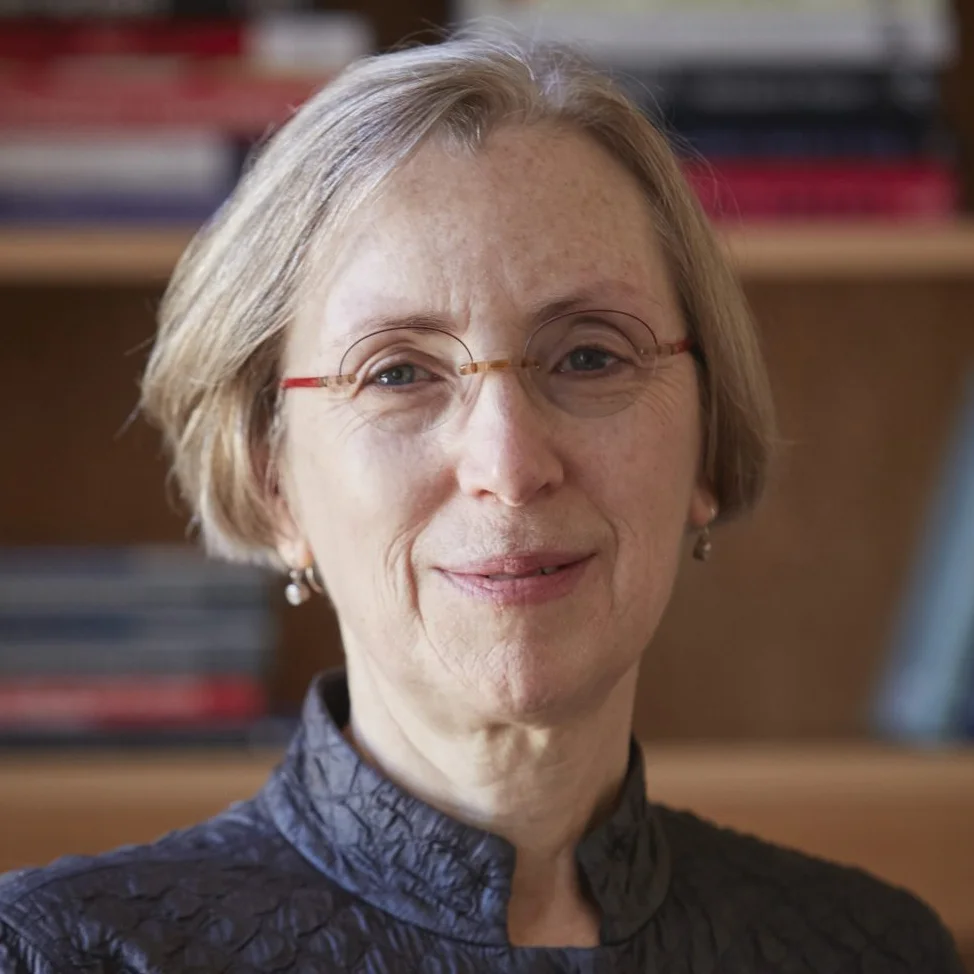
Karen Emmons is a behavioral scientist with a strong track record of funded research in community-based approaches to cancer prevention in a variety of settings that serve disadvantaged populations, including low-income housing and community health centers. Her work targets a range of cancer risk factors, including nutrition, physical activity, sun exposure, tobacco and second-hand smoke exposure, and cancer screening. Her research teams have included interdisciplinary perspectives on cancer risk reduction and health disparities, with a focus on multiple cancer risk behaviors. Emmons has a strong track record as a mentor and is a past recipient of a mid-career K award (1K05 CA124415-02, Dissemination Research to Reduce Cancer Disparities). Her current work and writing focus heavily on implementation science, particularly in community health settings, and she has been actively involved in national efforts to develop implementation research and training programs. For the past five years, Emmons has held full-time academic administrative positions and has recently made the decision to return to her passion: community-based implementation research. She currently serves as the faculty director of the Community Engagement Program for Harvard’s Clinical Translational Science Award.
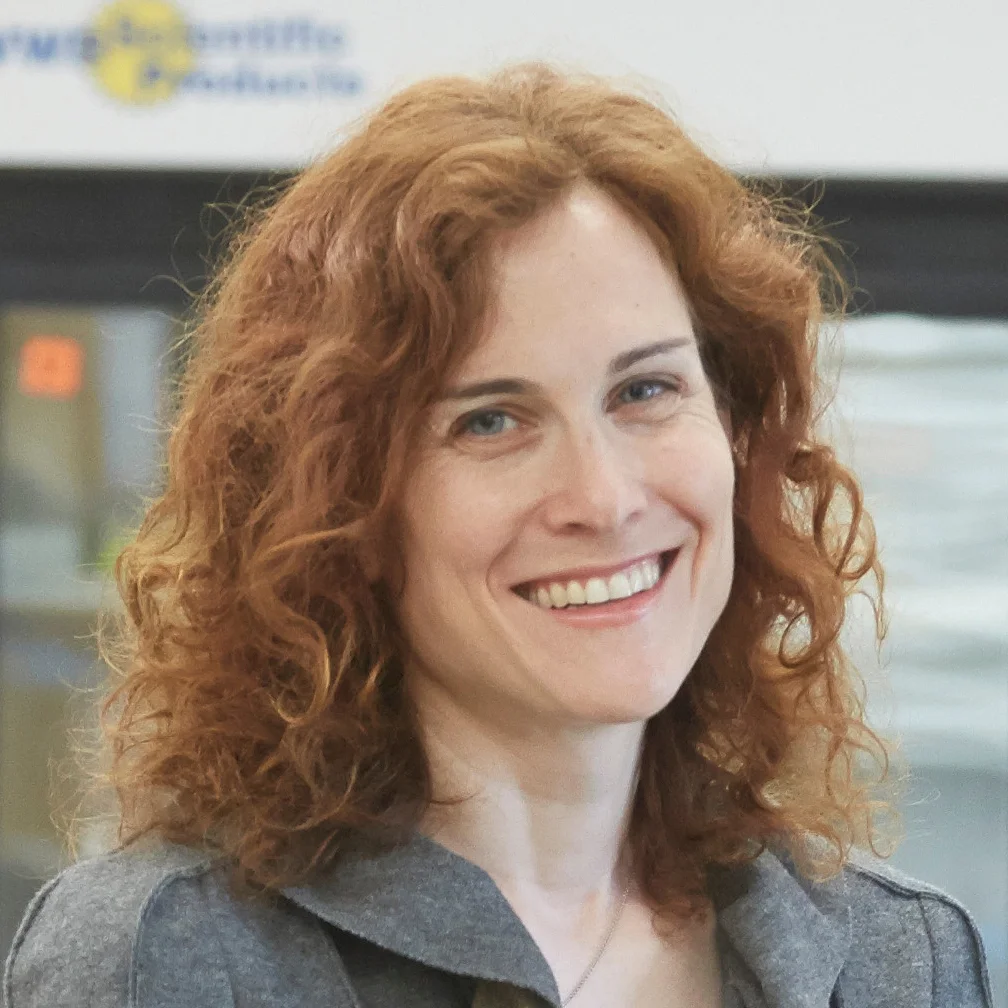
Wendy Garrett focuses her research on the interplay between the gastrointestinal immune system and the gut microbiota in health, inflammatory bowel disease, and colorectal cancer. Her work in mucosal immunology examines how the gut microbiota influence both innate and adaptive populations and the contribution of these cells to immune homeostasis and disease. Garrett has identified specific species, pathways, and metabolites produced by the microbiota that influence health and disease states. She has received awards from the Damon Runyon Cancer Research Foundation, Burroughs Wellcome Fund, Searle Scholar-Kinship Foundation, Cancer Research Institute, V Foundation, and Merkin Family Foundation.
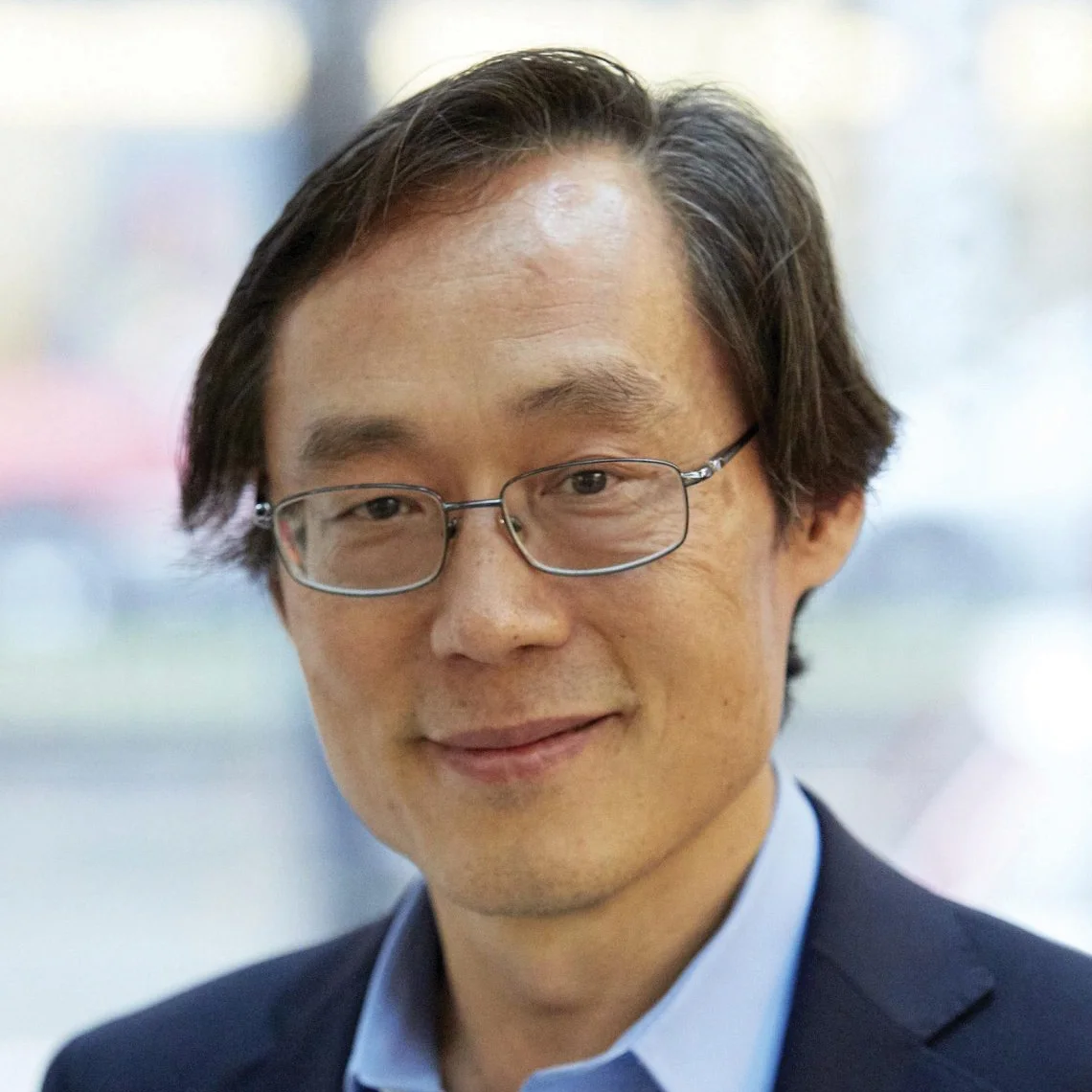
In addition to his academic appointments at the Harvard Chan School and Harvard Medical School, Frank Hu serves as co-director of the Program in Obesity Epidemiology and Prevention at the Harvard Chan School and as director of the Boston Nutrition and Obesity Research Center Epidemiology and Genetics Core. Hu received his MD from Tongji Medical College in China and his PhD in epidemiology from the University of Illinois at Chicago. He received the Kelly West Award for Outstanding Achievement in Epidemiology from the American Diabetes Association in 2010 and was named the American Heart Association’s Ancel Keys Memorial Lecturer in 2018. He has served on the Institute of Medicine Committee on Preventing the Global Epidemic of Cardiovascular Disease, the AHA/ ACC Obesity Guideline Expert Panel, and the 2015 Dietary Guidelines Advisory Committee, USDA/HHS. He currently serves on the editorial boards of Lancet Diabetes & Endocrinology, Diabetes Care, and Clinical Chemistry. Hu is a member of the National Academy of Medicine.
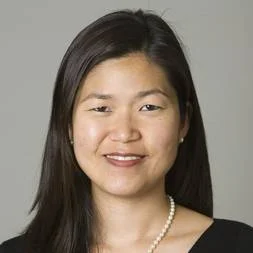
Jane J. Kim focuses her research on the development and application of mathematical modeling methods to evaluate health policy issues, with a strong interest in women’s health. She has led the evaluation of the cost-effectiveness of prevention strategies against cervical cancer and other HPV-related diseases for informed decision making globally, working closely with the National Cancer Institute, the Bill & Melinda Gates Foundation, the World Health Organization, and most recently, the U.S. Preventive Services Task Force on cervical cancer screening guidelines. She was the recipient of the Association of Schools of Public Health/Pfizer Young Investigator’s Research Award and has won awards for teaching, for mentoring, and for presentations at scientific meetings. Dr. Kim holds a master’s degree in health policy and management from the Harvard Chan School (2001) and a PhD in health policy and decision sciences from Harvard University (2005).
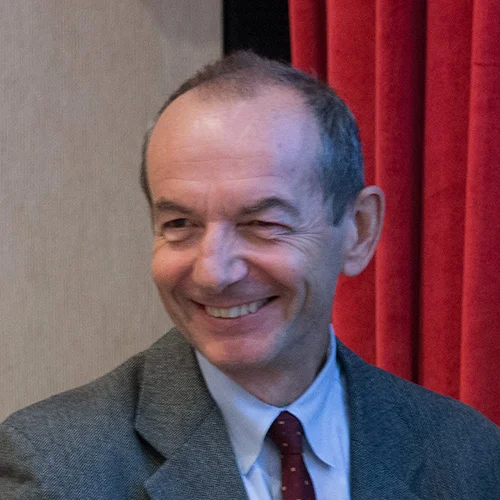
Giovanni Parmigiani, PhD, is a professor of Biostatistics at Harvard TH Chan School of Public Health and Dana-Farber Cancer Institute and Associate Director for Population Sciences at the Dana-Farber/Harvard Cancer Center. He received his undergraduate degree in economics and social sciences at Università L. Bocconi, and a Masters and PhD in statistics from Carnegie Mellon University. He has held faculty positions at Carnegie Mellon, Duke and Johns Hopkins, before joining the faculty at the Harvard T.H. Chan School of Public Health in 2009 and becoming the chair of the Department of Biostatistics and Computational Biology at the Dana-Farber Cancer Institute. Dr. Parmigiani is the recipient of numerous awards for his contributions to both science and teaching, including the Advising, Mentoring, and Teaching Recognition Award from the Johns Hopkins School of Public Health Student Assembly. He was named afellow of the American Statistical Association in 1999. While completing graduate studies at Carnegie Mellon, he received the Leonard J. Savage Dissertation Prize. His 2009 book on “Decision Theory” received the DeGroot prize. Dr. Parmigiani’s work has been published in the Journal of the American Medical Association, Science, Cancer Research, the Journal of the American Statistical Association, the Journal of Clinical Oncology, and the American Journal of Human Genetics.
David R. Walt is the Hansjörg Wyss Professor of Bioinspired Engineering at Harvard Medical School and Professor of Pathology at Harvard Medical School and Brigham and Women’s Hospital, is a Core Faculty Member of the Wyss Institute at Harvard University and is a Howard Hughes Medical Institute Professor. Previously, he was University Professor at Tufts University. His laboratory pioneered the development of microwell arrays, which revolutionized the field of genetic analysis. Dr. Walt’s laboratory also introduced the idea of digital protein detection by developing a high throughput technology for performing single molecule analysis. Dr. Walt is the scientific founder of Illumina Inc., Quanterix Corp., and has co-founded several other life sciences startups including Ultivue, Inc., Arbor Biotechnologies, Sherlock Biosciences, and Vizgen, Inc. He has received numerous national and international awards and honors for his fundamental and applied work in the field of optical microwell arrays and single molecules. He is a member of the National Academy of Engineering, the National Academy of Medicine, a Fellow of the American Academy of Arts and Sciences, a Fellow of the American Institute for Medical and Biological Engineering, a Fellow of the National Academy of Inventors, and is inducted in the US National Inventors Hall of Fame.
Senior Fellows

Edward Briercheck earned his BS in Biology at the University of Toledo. He earned his MD and PhD at The Ohio State University where he joined Michael Caligiuri’s lab investigating mechanisms of human natural killer cell biology. He then did his internal medicine residency in the global health equity pathway Boston Medical Center. After residency he was a Fulbright Scholar at the Instituto de Cancerología y Hospital Dr. Bernardo del Valle S (INCAN) where he worked on novel diagnostics for lymphoma as a member of the Global Health Equity Faculty Track at Brigham and Women’s Hospital and David Weinstock’s laboratory at the Dana Farber Cancer Institute. He then completed fellowship at University of Washington and Fred Hutch where he continued his collaborations with colleagues at INCAN in the laboratory of Edus Warren, studying Epstein-Barr Virus in NK/T-cell lymphoma.
As a Zhu Center Senior Fellow, Ed’s work focuses on implementing low-cost diagnostics and developing novel therapies with the potential to be deployed in diverse clinical settings. His current project aims to make precise cancer diagnostics accessible worldwide, especially in low- and middle-income countries (LMICs). Current diagnostic methods are expensive and technically demanding, limiting their use in under-resourced settings where cancer incidence is rising. By focusing on a cost-effective CLPA, the research aims to address the critical need for affordable diagnostic tools in these regions.

Barbra Dickerman uses causal inference methods and large health databases to improve health decision-making, with a focus on cancer control. She teaches causal inference methodology at the Harvard Chan School, where she also mentors junior investigators and students.
As a Zhu Center senior fellow, Barbra’s key lines of research include the evaluation of (1) long-term sustained strategies of diet and physical activity for cancer prevention, (2) dynamic (personalized) strategies of PSA screening for the early detection of prostate cancer, and (3) various sequences, timing, and combinations of cancer treatment.

Dr. Marinac is Assistant Professor of Medicine at the Dana-Farber Cancer Institute and Harvard Medical School and Director of Population Sciences and Health Disparities Research in Dana-Farber’s Blood Cancer Prevention Program. She received a PhD in Public Health in 2016 from the University of California, San Diego with a degree emphasis in health behavior. Her research focuses on two key areas: (1) understanding the impact of energy balance factors on cancer susceptibility; and (2) cancer early detection.
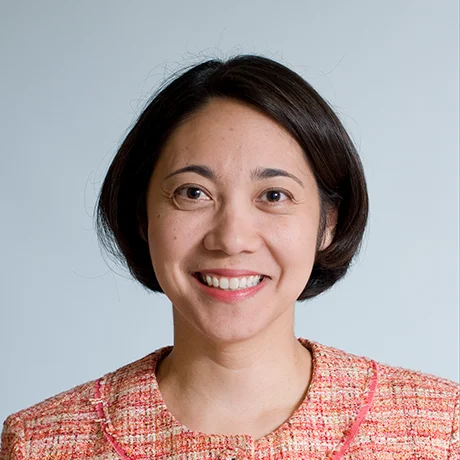
Lecia Sequist studied chemistry at Cornell University, received her MD from Harvard Medical School and trained in internal medicine at the Brigham and Women’s Hospital and in hematology/oncology at the Dana-Farber Cancer Institute, where she also received an MPH from the Harvard School of Public Health. She joined the faculty at the Massachusetts General Hospital Cancer Center in 2005 and is currently the Landry Family Professor of Medicine at Harvard Medical School and the Program Director of the Cancer Early Detection and Diagnostics Clinic at Mass General Cancer Center. Dr. Sequist’s research focuses on studying targeted therapeutics for lung cancer and bringing new non-invasive tests like circulating tumor cells and circulating tumor DNA to treat and detect lung cancer.
As a Zhu Center senior fellow and DF/HCC Incubator Award winner, Dr. Sequist focuses her work on the ‘Assessment of novel technologies for early detection of cancer in individuals with germline cancer predisposition’ team. The aim of this research is to provide feasible pilot data in hereditary cancer cohorts for several novel early detection technologies that will serve as a basis for eventual multi-PI grant applications using this concept to rapidly translate these and other technologies towards clinical application in both the high-risk and sporadic general populations.

Konrad Stopsack studied epidemiology and biostatistics at the Harvard School of Public Health in Boston, USA, and completed his postdoctoral training in cancer epidemiology at the Memorial Sloan Kettering Cancer Center in New York, USA. His clinical training includes a medical degree with a doctorate from the University of Freiburg and a residency in internal medicine at the Mayo Clinic in Rochester, Minnesota, USA. Before his appointment at the University of Bremen, he held a tenure-track position in the Clinical and Translational Epidemiology Unit at Massachusetts General Hospital of the Harvard Medical School and in the Department of Epidemiology at the Harvard T.H. Chan School of Public Health, where he continues to serve as an Adjunct Professor of Epidemiology.
As a senior fellow, Dr. Stopsack’s work focuses on the development of cancer prevention and early detection curriculum, including virtual courses developed by Harvard and the Dana-Farber Cancer Institute.

Dr. Sapna Syngal received her MD from McGill University in 1990 and completed her clinical training in Internal Medicine and Gastroenterology at Brigham and Women’s Hospital. She received her MPH from Harvard School of Public Health and completed a research fellowship at the Harvard Education Program in Cancer Prevention. She joined DFCI in 1995.
As a Zhu Center senior fellow and DF/HCC Incubator Award winner, Dr. Syngal focuses her work on the ‘Assessment of novel technologies for early detection of cancer in individuals with germline cancer predisposition’ team. The aim of this research is to provide feasible pilot data in hereditary cancer cohorts for several novel early detection technologies that will serve as a basis for eventual multi-PI grant applications using this concept to rapidly translate these and other technologies towards clinical application in both the high-risk and sporadic general populations.

Dr. Guillermo (Gary) Tearney is the Remondi Family Endowed MGH Research Institute Chair, Professor of Pathology at Harvard Medical School, an Affiliated Faculty member of the Harvard-MIT Division of Health Sciences and Technology (HST) and maintains his lab at the Wellman Center for Photomedicine at the Massachusetts General Hospital. Prof. Tearney received his MD magna cum laude from Harvard Medical School and received his PhD in Electrical Engineering and Computer Science from the Massachusetts Institute of Technology. He is a fellow of the American College of Cardiology (ACC), College of American Pathologists (CAP), National Academy of Engineering (NAI), Optical Society of America (OSA), and the American Institute for Medical and Biological Engineering (AIMBE). Dr. Tearney’s research interests are focused on the development and clinical validation of non-invasive, high-resolution optical imaging methods for human disease diagnosis.
As a Zhu Center senior fellow and DF/HCC Incubator Award winner, Dr. Tearney focuses his work on the ‘Assessment of novel technologies for early detection of cancer in individuals with germline cancer predisposition’ team. The aim of this research is to provide feasible pilot data in hereditary cancer cohorts for several novel early detection technologies.
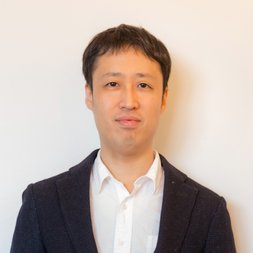
Dr. Ugai is a junior faculty member at Brigham and Women’s Hospital/Harvard Medical School and an MD/PhD physician scientist with expertise in pathology, clinical oncology, cancer epidemiology, and molecular epidemiology. His current research focuses on early-onset cancers and tumor biomarkers, including immune and microbial characteristics of cancer. Dr. Ugai is a founder of the International Cancer Spectrum Consortium, which is an interdisciplinary working group with faculty, postdocs, and students from various institutions all over the world. Dr. Ugai’s group aims to build up a resource that integrates lifestyles and biomarkers including genetics and tissue molecular markers to (a) develop effective prevention and early-detection strategies, and (b) identify novel biomarkers to guide early-stage clinical decisions.

Dr. Catharine Young is a globally recognized leader in innovation and health policy, with a track record of scaling transformative initiatives. She most recently served as the Assistant Director for Policy and International Engagement for the Biden Cancer Moonshot at the White House OSTP, where she shaped national and international cancer strategies, launched federal policies, and secured multi-billion-dollar commitments. Dr. Young is currently working to mobilize the global cancer community around the creation and launch of the Global Cancer Fund – an initiative to advance equitable cancer care in low- and middle-income countries through bold, coordinated investment and innovation. Dr. Young previously led the SHEPHERD Foundation, driving rare cancer research and policy reform, and has advanced AI initiatives, data sharing reform, and clinical trial strategies to accelerate cancer breakthroughs. Her leadership extends into national security, where she strengthened global biosurveillance and biosecurity at the U.S. Department of Defense, helping support the U.S. response to the Ebola outbreak. She has also fostered international research collaborations as Senior Director of Science Policy at the Biden Cancer Initiative and Senior Science Advisor at the British Embassy. A Presidential Leadership Scholar, National Academies New Voices Fellow, and TED Fellow, Dr. Young holds a Ph.D. in Biomedical Sciences and completed postdoctoral work in Biomedical Engineering at Cornell.
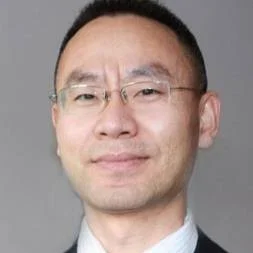
Dr. Xuehong (Hong) Zhang is a cancer epidemiologist with medical training. He has over ten years experience in conducting cohort and case-control studies and international consortia. He integrates epidemiology, nutrition/lifestyles, pathology, and –omic techniques to conduct multidisciplinary investigations. The overall theme of his research program is to identify dietary, lifestyle, genetic, and biological determinants of cancer, especially those of colorectum and liver, as well as determine whether these factors influence survival among cancer survivors. Dr. Zhang has received funding from the National Cancer Institute and American Cancer Society.
As a senior fellow, Dr. Zhang’s focus will be in the area of developing GI-focused research programs.